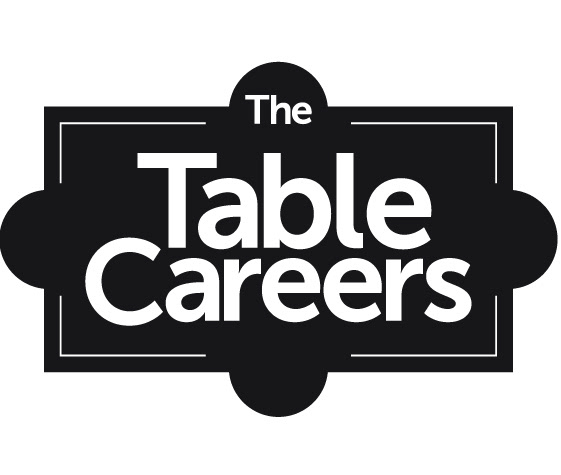If you’re in the privileged position to be part of the leadership team within your organisation, it’s in part your responsibility to hire, develop and retain a diverse team. You may have been promoted to date based on your technical ability, but leadership is much broader than one individual contributor or siloed skillset. There is a conversation to be had around linking this duty to reward for executives, and whether this driver would result in better hiring choices and a more engaged workforce. It’s a bold step forward, but could result in improved practices, hiring decisions and development for individuals within a team.
Technical leaders often place the most value on, and therefore seek, technical experience when making hiring decisions. Whilst there is of course a place for deep technical expertise within certain teams, encouraging a breadth of experience and styles is important. Projects need to be delivered, teams need to be motivated, stakeholders need to be communicated with effectively, relationships need to maintained, innovation needs challenge of the status quo and new ideas, all of which require different skillsets, and consequently people.
An important part of any hiring process is the interview. Leaders shouldn’t underplay the value of a good interview experience to a candidate, it’s their first insight into how an organisation functions. Interviews are a two way street, they should aim to get the best out of the candidate whilst also giving the panel a chance to showcase the best of an organisation. If, as a leader, you find interviews uncomfortable, ensure your other panellists can balance this & still provide a good experience for the candidate. In the ongoing war for talent,every interaction is key.
Diversity on interview panels has benefits for both the candidate experience and upskilling individuals throughout the organisation. Interviews are subjective, with conscious and unconscious biases often contributing to an outcome that is reflective of the panels own experiences and characteristics. BITC produced a clear report on conducting diverse recruitment, which any individual making hiring decisions, technical or not, should consider. As Danielle Brown from Intel highlights; “Unless we bring a diverse set of perspectives to solve the most difficult technical problems, we are not going to reach out full potential as a company”. Interview panels should not be one dimensional, a mixture of experience, working styles and people should be in represented
A few pieces of ‘people’ advice for technical leaders as you look forward to future hiring and development decisions:
· Potential vs. experience: as a leader, you’re looking to change the future, not recreate the past. Apply the same logic when reviewing, and interviewing candidates. Is their past experience in line with where your forward strategy is leading? Or do you need something different? A candidate whose technical capability/experience to date you may concede to be borderline, may well be the same candidate that drives forward innovation, business relationships and delivery more efficiently, if you assess through a wider lens. See HBR article ‘hire leaders for what they can do, not what they have done’ for more insight.
· Interview: have enough self-awareness to know your own interview style and what you value in candidates. (if you don’t know, seek feedback before making another hiring decision!) Ensure your fellow panel members have a different view/style to your own and can therefore constructively challenge your decision making process.
· Team development: is important for the retention and engagement of your team. As a technical leader, they will likely consciously, or unconsciously, seek recognition from you through this route. You should encourage broader development of skills and experience of your team, led by example. Agility is fundamental to career development, and should be encouraged within your team.
· Your own leadership: Acknowledge your own leadership style, and hone your strengths. Engage your peer group with different styles and seek advice on your blind spots/gaps. Utilise executive coaches, mentors, 360 feedback, formal and informal development routes to continue your own professional and personal development. Adopt a growth mindset, and continue learning. Engage outside the confines of your organisation, and place equal value on the technical/non-technical parts to your leadership role.
Leadership isn’t an easy journey, and should be one of continued self-reflection and development. The workplace, and people within it, are consistently changing. Leaders must adapt, evolve and attribute a renewed sense of importance to people management practices. People join jobs, but leave bosses…your technical ability will get you so far, but unless you can translate this to the non-technical, engage and motivate a team behind your vision, think forward and respect different styles, journeys and experiences, you will continue to hire ‘like for like’, resulting in the same business outcomes and limit your own personal growth.
Take the time to seek feedback, invest time in broadening your expertise outside of the technical and share your learnings and development back with your teams. You never know, you may end up helping to transform the make-up of your organisation and leading the way for fellow technical leaders.




